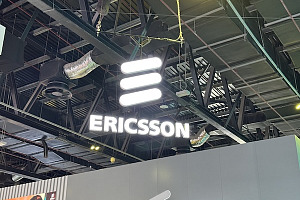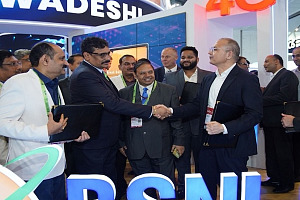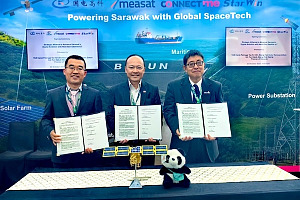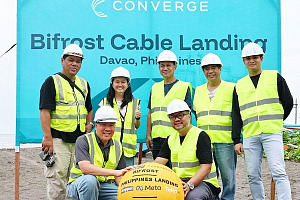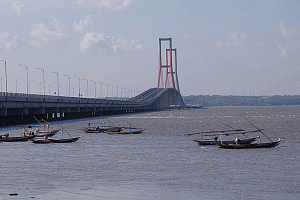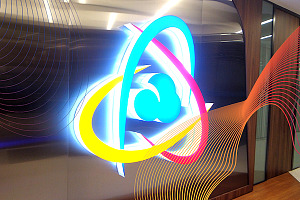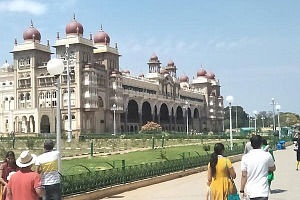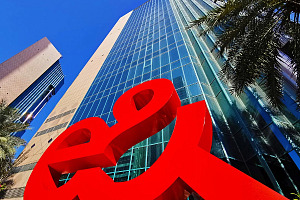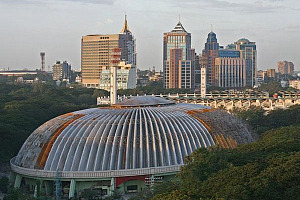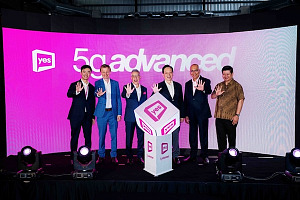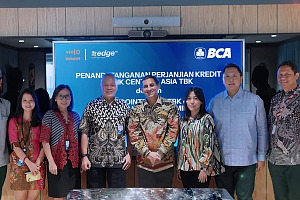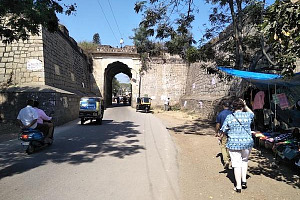Ooredoo’s Indosat and Ericsson have launched a cloud-based Machine-to-Machine platform in Indonesia.
The Ericsson Device Connection Platform (DCP) uses innovative technologies suited to developing markets, which create connected solutions to existing problems. Indosat is the first member of Ooredoo Group to launch this M2M platform, with Qatar, Algeria and Tunisia scheduled to follow this year.
Dr Nasser Marafih, Group CEO, Ooredoo commented: “Our cloud-based M2M service delivers a higher, faster level of support and more agile service for business customers. Additionally the platform will play a key role in speeding up the implementation of smart city technologies, supporting our customer’s Connected Lives and helping develop smarter economies, smarter infrastructure, smarter environments and smarter governance in the markets that we operate.”
In 2020, it is predicted that there will be 50 billion connected devices around the world, enabled through the growing use of IoT/M2M communication. In Indonesia, IoT/M2M technology will drive business growth in sectors such as banking, transportation, energy, and public services through smart city. To contribute to this growth Indosat has a clear strategy and focus as well as an extensive range of IoT/M2M products and services from connectivity, managed connectivity and end-to-end solutions that are relevant and beneficial for businesses, government and consumer society.
Thomas Jul, Head of Ericsson Indonesia and Timor Leste, says: “M2M will enable the full potential of our vision of the Networked Society, where everything that benefit for being connected will be connected. With Indosat we will explore the opportunities that will arise with M2M and empower people, business and society in Indonesia.”
IoT/M2M platforms are increasingly important and today offer businesses, government and individuals countless end-to-end solutions. They enable the management of business processes around the full lifecycle of the device starting from the factory, including logistics, day-to-day usage and retirement, support of Business-to-Business (B2B) processes such as procurement, billing/charging, and even Business-to-Consumer (B2C) processes such as retail towards consumers.
They enable real time monitoring of IoT/M2M traffic, including volume and advanced diagnostics, they also support fraud detection features, including the ability to set traffic caps and issue various reports. Online ordering and trouble ticketing functions increase operational efficiency. The API offered allows customers to integrate their back end systems and processes with M2M Platform to access its data and capabilities.






